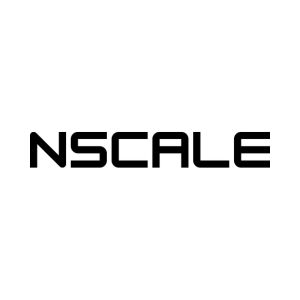Startups & Business News
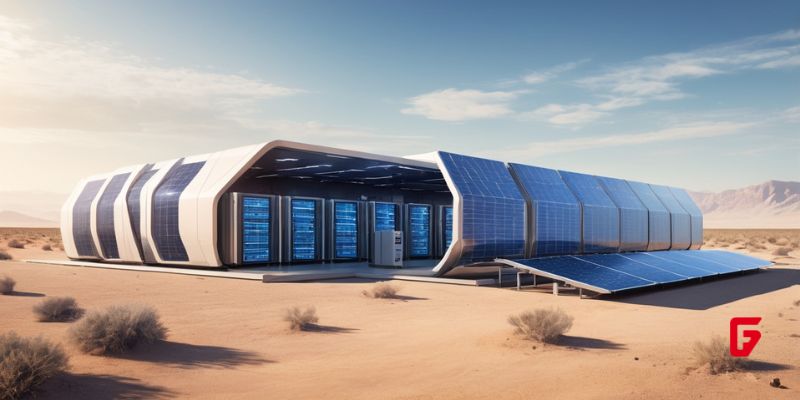
The intersection of artificial intelligence and clean energy is creating some fascinating new opportunities—and challenges. One of the most interesting developments comes from Redwood Materials, a company best known for recycling lithium-ion batteries. Now, they’re taking things a step further: repurposing used electric vehicle (EV) batteries to power data centers, especially those built for the growing demands of AI.
From the Road to the Rack: Why Repurpose EV Batteries?
Most EV batteries still have 50% or more of their original capacity left when they’re retired from vehicles. Instead of immediately recycling them, Redwood Materials is giving these batteries a “second life” as stationary energy storage. The logic is simple: these batteries might not be good enough for your car anymore, but they’re perfect for storing and delivering energy at a slower, steadier pace—like what’s needed for data centers.
The World’s Largest Microgrid of Used EV Batteries
Redwood’s first big project is already up and running in Nevada. Here, 805 retired EV battery packs—collected, tested, and integrated by Redwood—form a 12-megawatt, 63-megawatt-hour microgrid. This microgrid powers a 2,000-GPU data center operated by Crusoe, a company that’s pivoted from crypto mining to AI infrastructure.
The batteries are charged by a nearby solar array, and the entire system is modular, scalable, and off-grid. According to Redwood, this is the largest second-life battery deployment in the world and the biggest microgrid of its kind in North America.
Why AI Data Centers Need This Now
AI data centers are hungry for power—fast. With AI workloads surging, energy demand is skyrocketing. The traditional grid can’t always keep up, and building new infrastructure is slow and expensive. By using repurposed EV batteries, Redwood can deploy energy storage quickly and at a lower cost than new lithium-ion systems. This helps data centers come online faster, with less strain on the grid and lower emissions.
Not Just Green—It’s Good Business
Redwood’s approach isn’t just about sustainability. It’s also about economics. CTO Colin Campbell put it bluntly: “It’s a good economic choice that also happens to be carbon free”. Repurposing batteries is cheaper than building new storage from scratch, and it bridges the gap between battery retirement and eventual recycling. Plus, by getting involved in the second-life battery market, Redwood taps into new revenue streams and maximizes the value of every battery they collect.
Scaling Up: What’s Next?
Redwood Materials is already processing more than 20 gigawatt-hours of batteries each year—about 250,000 EVs worth—and expects this number to grow rapidly. With over 5 million EVs on U.S. roads and more coming every year, the supply of batteries for second-life applications is set to explode. Redwood plans to deploy 20 gigawatt-hours of second-life storage by 2028, supporting not just data centers but also businesses and communities that need resilient, low-cost energy.
This isn’t just a clever way to reuse old batteries—it’s a glimpse into the future of energy and technology. By connecting the dots between EV adoption, battery recycling, and the surging energy needs of AI, Redwood Materials is showing how innovation can solve multiple problems at once. As more companies look for ways to power the age of AI sustainably and affordably, expect to see a lot more “second lives” for EV batteries in the years ahead.

futureTEKnow
Editorial Team
futureTEKnow is a leading source for Technology, Startups, and Business News, spotlighting the most innovative companies and breakthrough trends in emerging tech sectors like Artificial Intelligence (AI), Robotics, and the Space Industry.
Discover the companies and startups shaping tomorrow — explore the future of technology today.
Trending Companies
Latest Articles
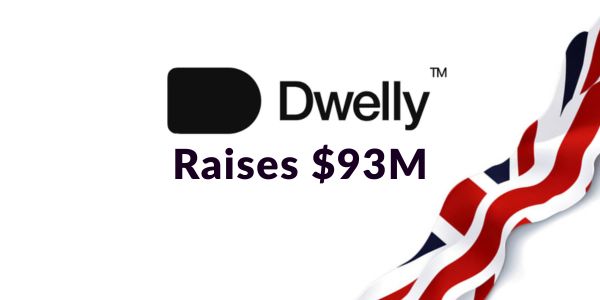
Dwelly Raises $93M to Supercharge AI-Powered UK Rentals Roll-Up
London startup Dwelly just landed $93M to snap up UK rental agencies and inject AI smarts. Founders from Uber and
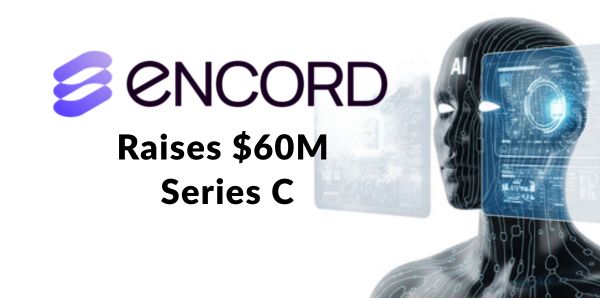
Encord Raises $60M Series C: Fueling Physical AI Data Wave
Encord just landed $60M in Series C funding to supercharge data tools for physical AI. Founders Eric Landau and Ulrik

Foodforecast Raises €8M Series A to Slash Ultra-Fresh Food Waste with AI
Foodforecast, a Cologne AI foodtech firm, just scored €8M in Series A funding led by SHIFT Invest. Their tools predict
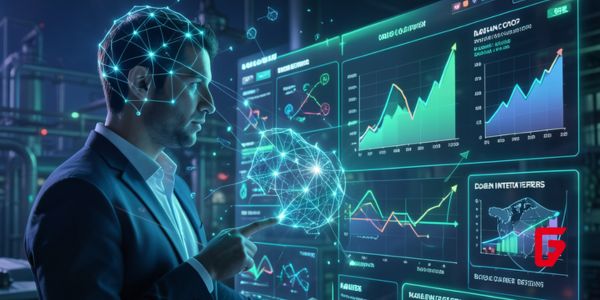
AI-Driven Operational Excellence: How Leaders Scale Ownership, Discipline, and Continuous Improvement in 2026
In 2026, AI scales operational excellence fundamentals—clear ownership, disciplined execution, and continuous improvement—letting leaders focus on outcomes while systems handle
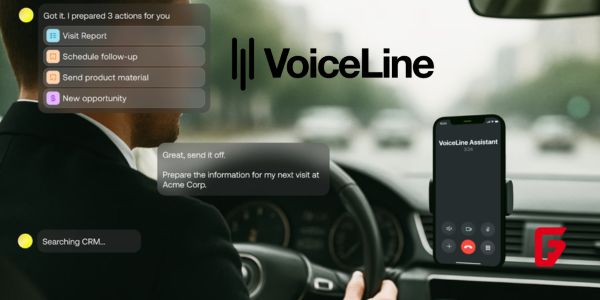
VoiceLine raises €10M to scale voice AI for enterprise frontline teams
Munich-based VoiceLine has closed a €10M Series A round to grow its voice AI platform for frontline sales and service

AI-Driven Logistics & Distribution Transformation: From Insight to Scalable Impact
AI is redefining logistics transformation—from network design to real-time execution. This article explores how data-driven insight, intelligent automation, and scalable
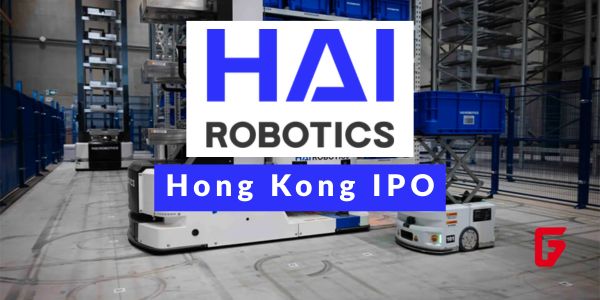
Hai Robotics Hong Kong IPO: From Startup Funding to Warehouse Robot Leader
Shenzhen’s Hai Robotics, pioneer in ACR warehouse robots, files for HK IPO after raising over $500M in funding rounds led
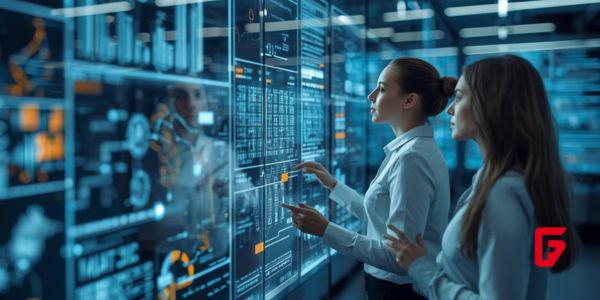
AI-Enabled Process Engineering & Continuous Improvement: Designing Systems That Learn
Explore how AI transforms process engineering and continuous improvement into self-learning systems. This article explains how organizations can design operations
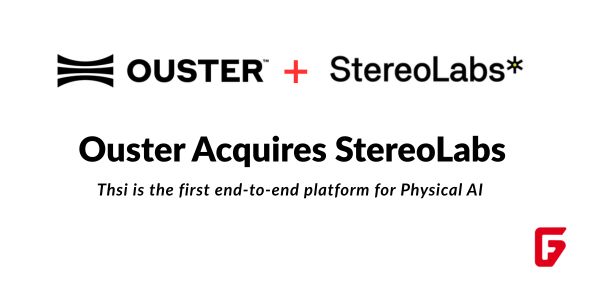
Ouster Acquires StereoLabs: Unified Physical AI Sensing Platform Launches
Ouster’s $35M StereoLabs acquisition fuses lidar and ZED cameras into end-to-end Physical AI sensing. Founders Cecile Schmollgruber and team drive

Bretton AI Lands $75M Series B Funding to Scale AI Agents for Financial Crime and AML/KYC Compliance
Bretton AI’s $75M Series B modernizes AML KYC compliance via AI agents, slashing staffing costs for banks and fintechs like

Axiom Space Raises $350M to Build Commercial Space Station and NASA Spacesuits
Axiom Space has locked in a fresh $350M raise to push its commercial space station and NASA lunar spacesuits toward

Santé Raises $7.6M Seed: AI Fintech Revolution for Wine and Liquor Retail
New York startup Santé secures $7.6M seed to build AI-powered POS for liquor stores, tackling regs & inventory woes after
futureTEKnow is focused on identifying and promoting creators, disruptors and innovators, and serving as a vital resource for those interested in the latest advancements in technology.
© 2026 All Rights Reserved.
![Discover the top 10 AI companies in Germany [1st Edition], revolutionizing industries with cutting-edge technology and innovations.](https://futureteknow.com/wp-content/uploads/2025/02/Top-10-AI-Companies-in-Germany-Leading-the-Tech-Revolution-futureTEKnow.jpg)








